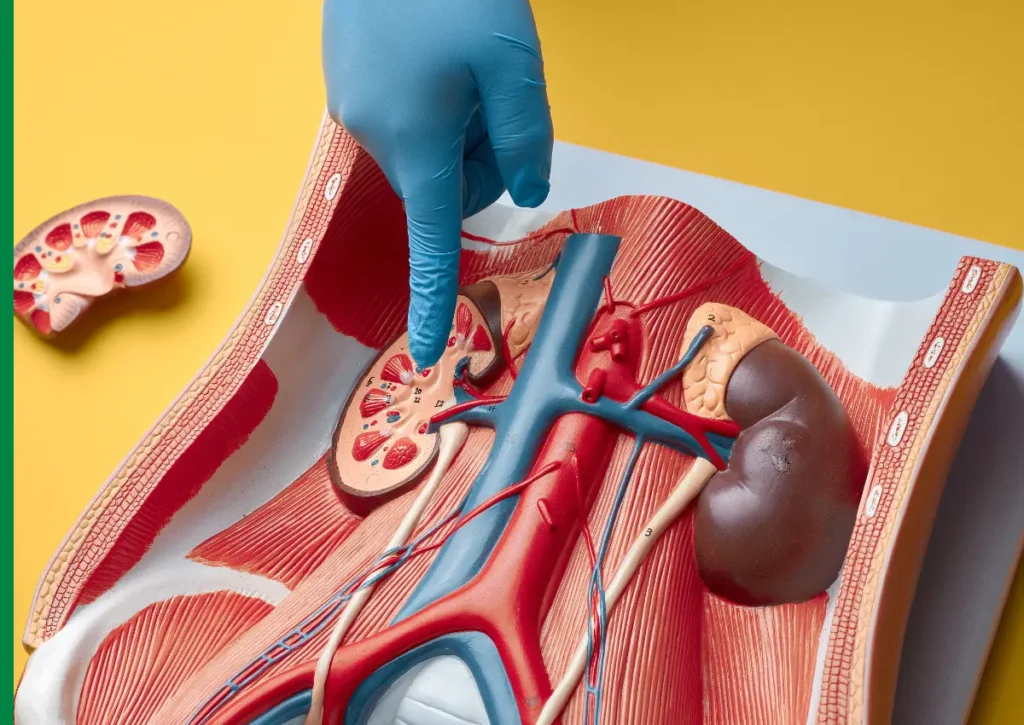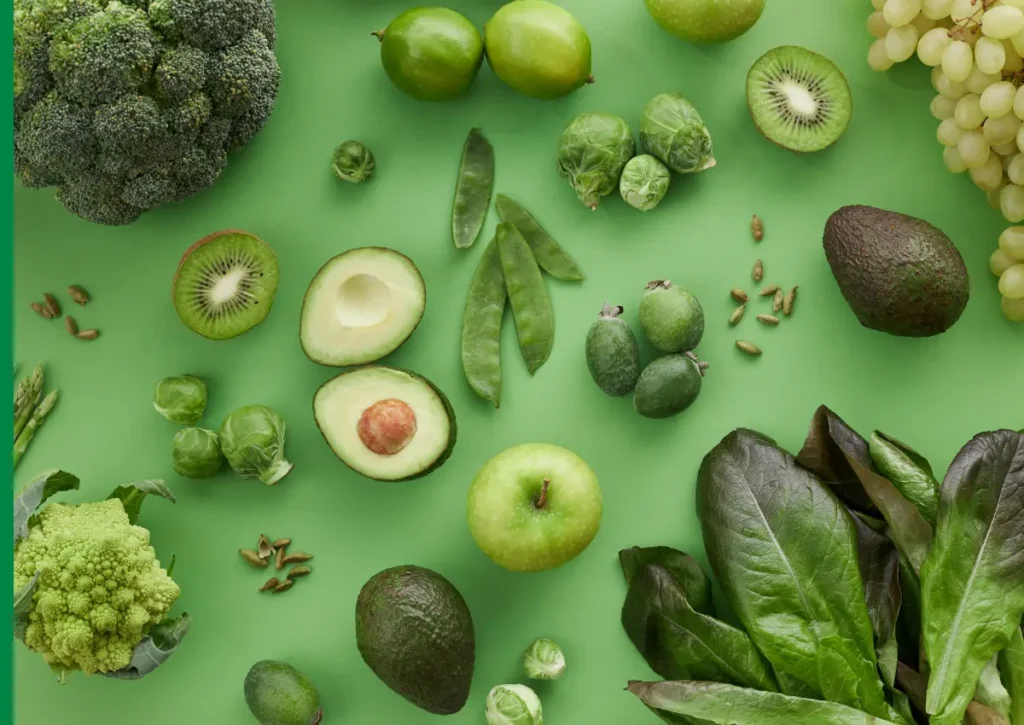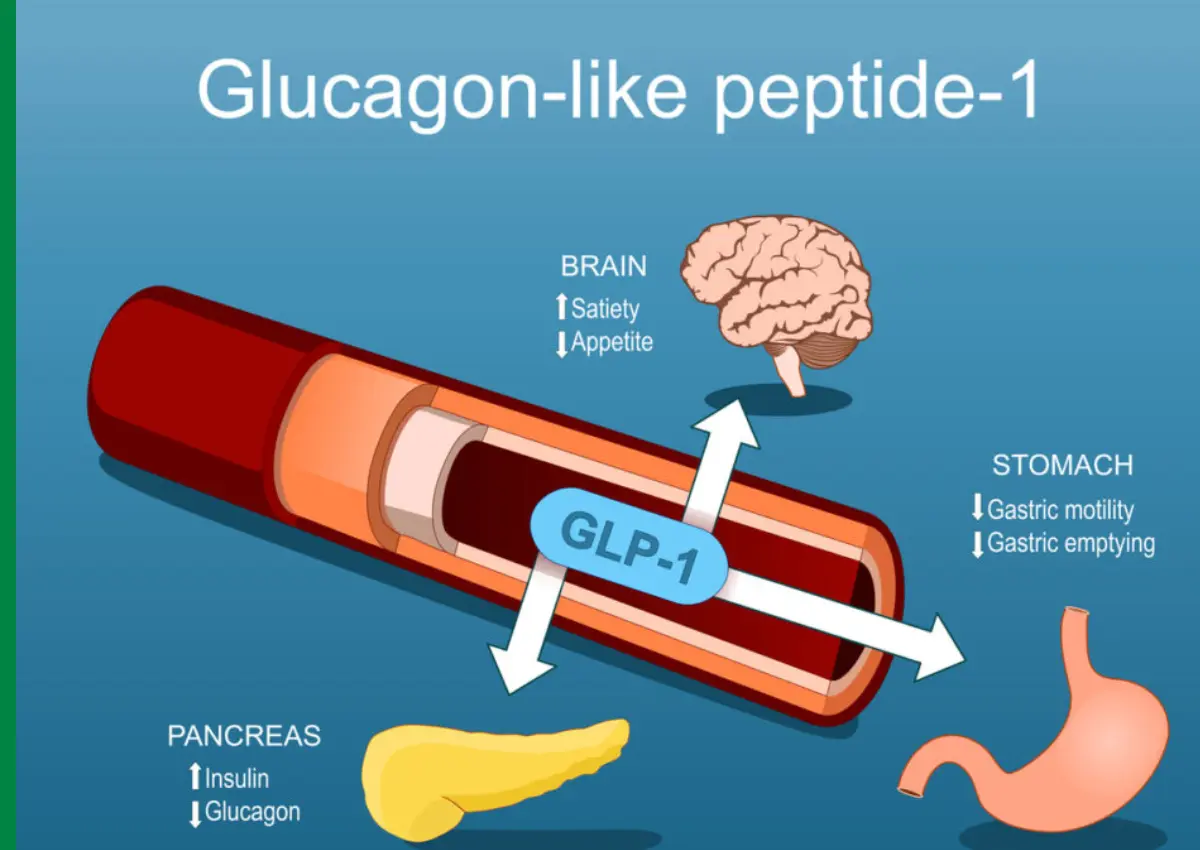Kidney stones are one of the most painful medical conditions that you can ever get. And, once you have had one, you are aware of the excruciating pain that can, quite literally, bring you to your knees. But this is the good news: by knowing the causes of kidney stones as well as their prevention, you can avoid this painful process.

Nowadays about 1 out of every 10 adults will have kidney stones at a certain stage in their lifetime and men are more prone to the condition than women. What is more threatening? One in Two individuals who get kidney stones will have a second episode within 5-10 years. This is why prevention is of utmost importance.
What Are Kidney Stones?
Kidney stones refer to hard, crystalline structures comprised of salts and minerals that form within your kidneys. Just visualize them as small rocks that develop when your urine is too concentrated with some substances. The size of these stones may vary from as big as a grain of sand to a golf ball.
Kidneys are constantly at work, cleaning approximately half a cup of blood each minute, wastes and excessive water included. In the situation where your body is well hydrated, this waste moves freely through tubes known as ureters into your bladder. Nevertheless, in case of the lack of fluid and an excess of waste, the crystals start to form and subsequently stick together as stones
Why Do Kidney Stones Form?
Understanding the causes of kidney stones is the first step toward prevention. Unlike many health conditions, there’s rarely a single culprit responsible for stone formation.
Dehydration
Dehydration is the leading cause of kidney stones, according to Dr. Ramkishen Narayanan, who is a board-certified urologist. When you become dehydrated, this makes your urine concentrated and this is an ideal condition to allow crystals to form and attach themselves to each other.
Dietary Factors That Increase Risk
Your eating habits play a significant role in kidney stone development.
- High sodium intake: Excess salt causes your kidneys to excrete more calcium into urine, increasing stone formation risk
- Too much animal protein: Diets heavy in meat can increase uric acid production, leading to uric acid stones
- Oxalate-rich foods: While healthy, foods like spinach, chocolate, nuts, and beets contain oxalates that can contribute to stone formation when consumed excessively
- Dark cola consumption: These beverages contain high fructose and phosphoric acid, which can increase both calcium and oxalate levels
Medical and Genetic Factors
Some medical issues and inherited characteristics may predispose you to kidney stones:
- Diabetes and obesity.
- Metabolic disorders and hyperthyroidism.
- Kidney stones in the family history.
- Some of these drugs are diuretics and calcium-based antacids.
Types of Kidney Stones
Not all kidney stones are created equal. Understanding the different types helps explain why prevention strategies vary:
1. Calcium Oxalate Stones (80% of all stones)
This is the most widespread form, which occurs when calcium unites with oxalate in your urine. The major causes are dehydration and an imbalance in the diet.
2. Uric Acid Stones (9% of all stones)
Develop when urine becomes too acidic, often due to high-protein diets or dehydration.
3. Struvite Stones
Less common stones are typically caused by urinary tract infections.
4. Cystine Stones
The rarest type is caused by a genetic disorder called cystinuria, affecting approximately 1 in 7,000 people.
Kidney Stone Symptoms—When to Worry
The symptoms of kidney stones may differ tremendously. Other individuals develop unbearable pain, whereas others can have the stones without any clear signs.
Common warning signs include:
Pain Symptoms:
- Severe pain in your back, side, lower abdomen, or groin
- Pain that comes in waves and varies in intensity
- Sharp, intense flank pain just below the ribs
Urinary Changes:
- Pink, red, or brown urine
- Cloudy or foul-smelling urine
- Frequent urge to urinate
- Burning sensation during urination
Additional Symptoms:
- Nausea and vomiting
- Fever and chills
- Profuse sweating
Even painless stones can be dangerous. They can grow larger over time, harbor bacteria, or obstruct kidney function, potentially leading to permanent kidney damage.
How to prevent from it?
Prevention is the best treatment of kidney stones. The following are evidence-based measures that can lower your risk considerably:
1. Hydrate, Hydrate, Hydrate
Your best defense against kidney stones is adequate hydration. Do not stick to water alone; make a target of at least 2 liters of fluid intake in a day. Your fluid intake includes coffee, tea and even juice (although you should stick to water most of the time).
Pro Tip: Look at the color of your urine. When the urine is pale and straw colored, it is a sign that you are well hydrated, whereas dark yellow urine means that you should drink more fluids.
2. Lemon Power
Kidney stones are no match to citrus fruits. Citrate binds calcium in the urine and prevents the formation of stones; good sources of citrate include lemons, oranges and grapefruits. The citrate also makes your urine less acidic, which provides an unfavorable environment for most stones. Freshen your water with lemon juice or increase your intake of citrus fruits in general.
3. Be Mindful of Sodium
Restrict sodium to 2,000 milligrams a day (less than the regular diet). Excessive sodium causes your kidneys to pass out more calcium, putting you at risk of stones.
Sodium hiding places:
- Processed foods and canned food
- Restaurant meals
- Sauces and condiments
- Packaged snacks
4. Rediscover Your Protein Intake
Protein is necessary, but in excess amounts, it may predispose one to kidney stones. Recommended daily allowance stands at approximately 0.8 grams per pound of body weight. Increasing the protein content in the diet may lead to acidification of urine and a drop of protective citrate concentrations.
5. Smart Approach to Oxalates
Don’t completely avoid oxalate-rich foods like spinach, chocolate, and nuts—they’re nutritious. Instead, consume them in moderation and always with plenty of fluids. Pairing oxalate-rich foods with calcium-containing foods can help, as calcium binds to oxalate in your digestive system.
6. Maintain Adequate Calcium Intake
Contrary to old beliefs, reducing calcium intake doesn’t prevent calcium stones and may actually increase risk. Adequate calcium helps bind oxalates in your digestive system, preventing their absorption.
Foods That Fight Kidney Stones
Add the following kidney stone-fighting foods to your diet:
Citrus Champions:
- Lemon juice and lemons
- Oranges
- Grapefruits
Potassium Powerhouses:
- Bananas
- Melons (honeydew and cantaloupe)
- Avocados
- Raisins
Oxalate-Free Vegetables:

- Broccoli
- Kale
- Brussels sprouts
- Cauliflower
- When Medical Care is Needed
Do not attempt to brave it out when you suspect kidney stones. Get emergency help right away, or call 911, if you have:
- Severe pain, particularly when accompanied by fever
- Extreme flank pain that extends to your abdomen or groin
- Throbbing pain radiating out and nausea or vomiting or excessive sweating
- Your urine contains blood
- Symptoms of infection
- Difficulty urinating
Treatment Options — From Medications to Surgery
Treatment depends on stone size, location, and symptoms:
Conservative Management:
- Pain medications
- Increased fluid intake
- Medications to help stones pass
Medical Procedures:
- Extracorporeal shock wave lithotripsy (ESWL) – uses shock waves to break up stones
- Ureteroscopy—removes stones using a small scope
- Laser lithotripsy – breaks up larger stones with laser energy
Surgical Intervention:
- Percutaneous nephrolithotomy (PCNL) for large or complex stones
Final thoughts
With proper information and adoption of lifestyle, kidney stones are highly avoidable. The trick is to be consistent with your prevention. Drink water, eat well, avoid too much sodium, and do not neglect symptoms. It is also important to remember that in case you have already had kidney stones once, you are more likely to get them. With your healthcare provider, create a preventive plan specifically tailored to you and your type of stone, as well as additional risk factors.
They are small in size but the effect of kidney stones can be colossal—at times, it makes life still with excruciating pain. The upside? You can avoid them with proper knowledge and daily habits. Drinking water, eating well and paying attention to your body are strong initial steps. And, of course, there are people who have already had kidney stones, so it is better to be more active in taking care of your condition and cooperating with the doctor.
FAQs
What are the first signs of kidney stones?
Common early symptoms include severe lower back or side pain, blood in urine and pain during urination.
Can kidney stones go away on their own?
Yes, small stones can pass naturally when one has lots of fluids. Stones bigger than this can need medical removal.
How much water should I drink to prevent kidney stones?
Aim for at least 2 to 3 liters (8–12 cups) of fluids daily, with water being the best option.
Are kidney stones genetic?
Yes, family history can increase your risk.
Do calcium-rich foods cause kidney stones?
No.
What foods should I avoid?
Limit sodium, animal protein, dark colas, and excessive intake of oxalate-rich foods like spinach and nuts.



